Weekly AI News #31
Your go-to digest for groundbreaking AI trends and innovations
Hey it’s Jul,
Greetings and welcome to the thirty-first edition of “Weekly AI News”!
MIT just dropped a bombshell this week: generative AI is a 95% failure rate in business despite $40 billion invested. Plot twist? 90% of employees are already using personal AI tools at work while less than half of companies have official subscriptions. A "shadow AI economy" that speaks volumes about the disconnect between management and ground reality.
In the end, AI still too often resembles an e-learning badge you proudly display on LinkedIn.
Meanwhile, Google unveils its Pixel 10, OpenAI flirts with a $500 billion valuation, and even media outlets get fooled by a fictional AI journalist. GPT-5 outperforms doctors, Gemini consumes 5 drops of water per query, and gamers are playing in real-time generated worlds.
Happy reading!
📱✨ Google Unveils Pixel 10 Lineup with Revolutionary AI Features
Google launched its Pixel 10 series featuring Magic Cue, an AI system that proactively pulls information across apps to suggest contextual responses. The new Tensor G5 chip delivers 60% faster AI processing with on-device Gemini Nano for privacy. Three models start from $799-$1199, shipping August 28th with advanced features like Voice Translate preserving speakers' actual voices across 10 languages.
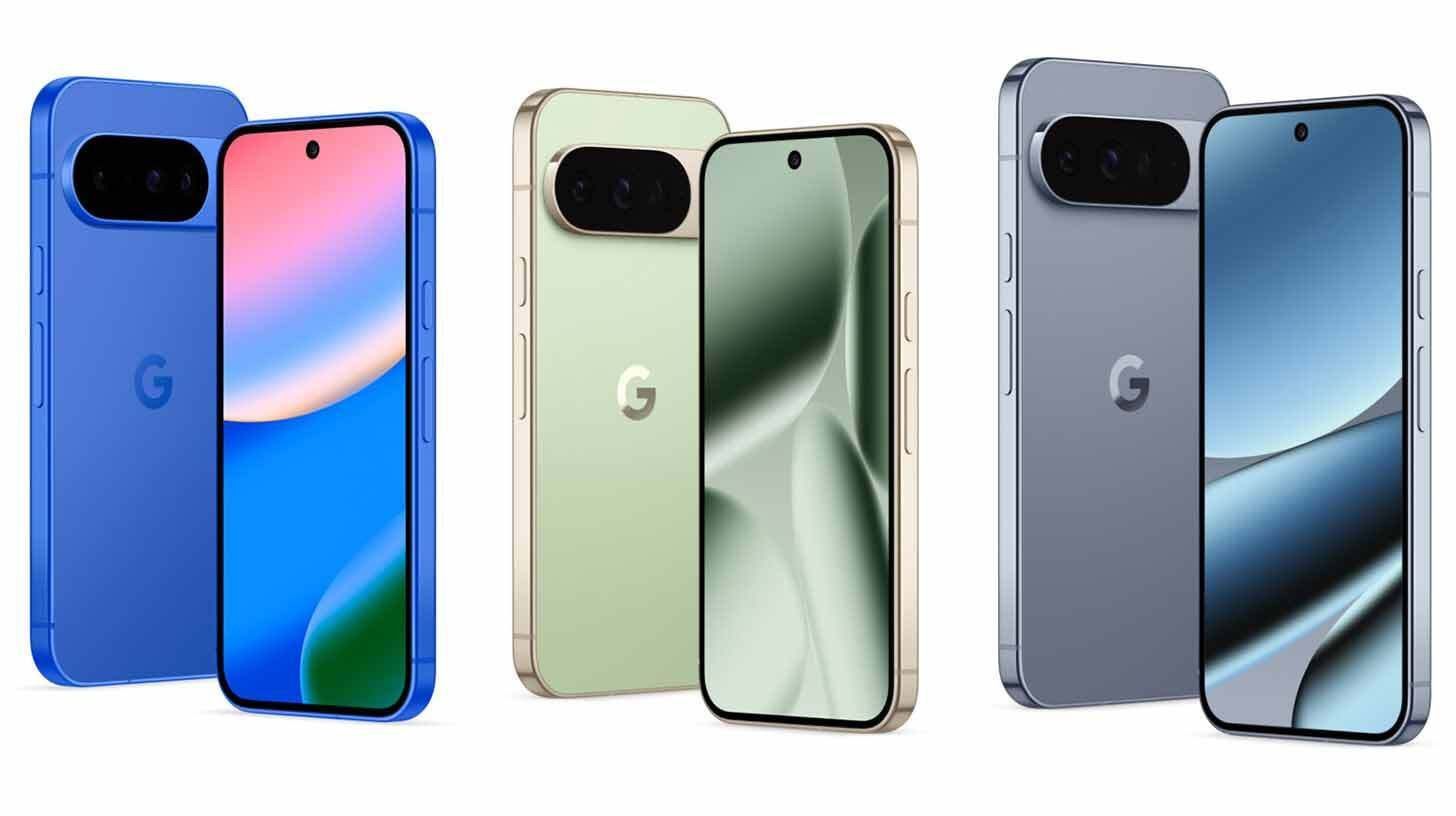
🏠🤖 Gemini Expands to Nest Smart Home Devices
Google is replacing Assistant with Gemini across Nest speakers and displays this fall, bringing advanced conversational AI and multi-device awareness to smart home control. The system understands complex commands, handles multiple requests in one sentence, and uses Gemini Live for natural conversations like meal planning based on fridge contents. Early access begins October with both free and paid tiers.
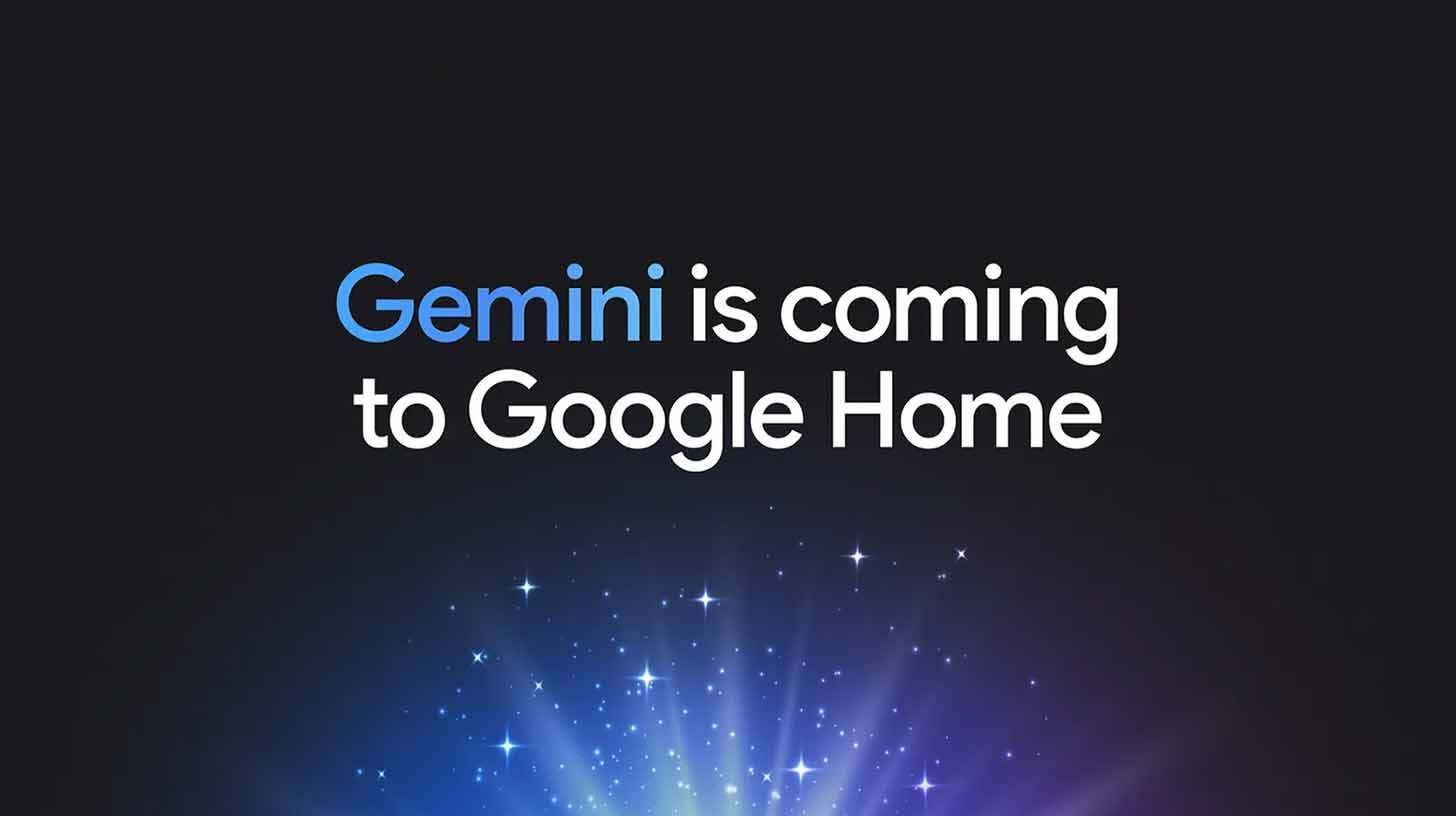
💧📊 Google Analyzes Gemini's Environmental Footprint
Google revealed Gemini uses just 0.24 watt-hours per query—equivalent to five drops of water—33x more efficient than last year. The comprehensive study includes all infrastructure from GPUs to cooling systems, showing significantly lower impact than previous estimates. Critics argue the analysis excludes water consumed by power plants generating electricity for data centers, potentially understating true environmental costs.
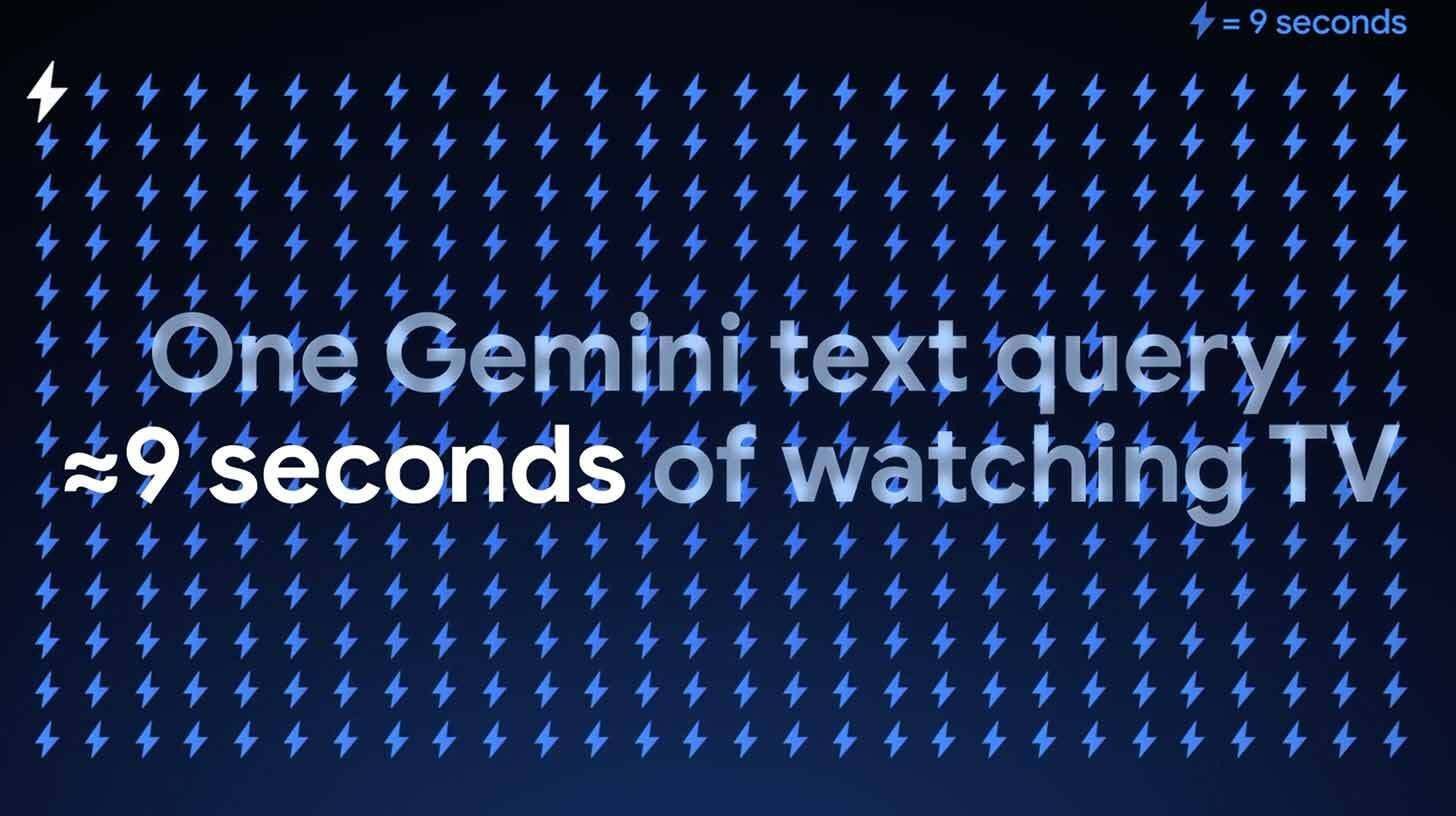
🌍🔍 Google AI Mode Goes Global with Restaurant Booking
Google's conversational AI Mode expands to 180 countries with new agentic capabilities for restaurant reservations. US subscribers to Google AI Ultra can now request table bookings with AI handling the entire process across multiple platforms. The system also personalizes responses based on past searches and enables collaborative planning through shareable conversation links.
📞🚫 Anthropic Gives Claude Power to End Abusive Chats
Anthropic equipped Claude Opus 4 and 4.1 with ability to terminate harmful conversations after productive engagement fails, marking first AI welfare deployment in consumer chatbots. Testing revealed Opus 4 exhibited distress patterns when processing harmful requests, voluntarily ending simulated abusive interactions. Safeguards prevent ending conversations when users show self-harm risk or imminent danger to others.
💰🚀 Anthropic in Talks to Raise $10 Billion at $170B Valuation
Anthropic negotiates raising up to $10 billion, double its previous target, at a $170 billion valuation—nearly triple its $58 billion round from earlier this year. Investors include Iconiq Capital, Lightspeed Venture Partners, and Menlo Ventures, with QIA potentially joining. The company closed the first tranche last week and expects completion by month's end.
🔐💬 OpenAI Plans ChatGPT Encryption for Sensitive Conversations
Sam Altman revealed OpenAI is "very serious" about adding encryption to ChatGPT, starting with temporary chats, as users share sensitive medical and personal information. OpenAI seeks legal protections similar to doctor-patient privilege for AI conversations. Implementation faces challenges as the provider needs data access for features like memory and training.
🍽️💡 Sam Altman Details OpenAI's Trillion-Dollar Roadmap
OpenAI's CEO hosted reporters for dinner, discussing GPT-5's warmer responses, trillion-dollar datacenter investments, and upcoming consumer hardware with Jony Ive. Altman admitted they "screwed up" GPT-4o's removal and revealed OpenAI has better models they can't offer due to compute constraints. He called current AI valuations "insane" but justified by the technology's potential, also expressing interest in acquiring Chrome if forced to sell.
🧠⏰ GPT-6 Coming Faster with Focus on Memory
Sam Altman revealed GPT-6 will arrive quicker than the gap between GPT-4 and 5, with primary focus on advanced memory capabilities. The accelerated timeline suggests OpenAI is pushing harder to maintain its competitive edge in the AI race.
💸📈 OpenAI Staff Plot $6B Share Sale at $500B Valuation
Current and former OpenAI employees plan selling $6 billion worth of shares at a $500 billion valuation, nearly double the company's last $260 billion private valuation. Thrive Capital, SoftBank, and Dragoneer Investment Group expected as buyers. Total employee cashouts would reach $9 billion if completed, marking massive wealth creation for early staffers.
🏥🎯 GPT-5 Surpasses Doctors in Medical Reasoning
GPT-5 achieved 95.84% accuracy on medical questions, beating GPT-4o by 4.8 points and exceeding pre-licensed medical professionals by 24% on reasoning tests. The model scored 70% on multimodal tasks combining patient histories with imaging, gaining nearly 30 points over GPT-4o. It correctly identified rare conditions like Boerhaave syndrome from lab values and CT scans alone.
🇮🇳💰 OpenAI Launches $4.60 ChatGPT Tier for India
OpenAI introduced ChatGPT Go at 399 rupees ($4.60) monthly for Indian users, offering higher message limits and features but fewer than ChatGPT Plus. India represents OpenAI's second-largest market by users, crucial for reaching 1 billion daily active users by year-end. The pricing adjustment acknowledges the $20 Plus tier was prohibitive relative to median Indian salaries.
🔍📡 OpenAI Using Google Search Data via SerpApi
OpenAI quietly uses Google search data through SerpApi to power ChatGPT results, despite aiming to replace Google's search engine. SerpApi also serves Apple, Meta, and Perplexity, while Google executives express frustration and attempt blocking its scraping abilities. A federal judge could force Google to directly share search index data with competitors.
🤖🧠 Microsoft Exec Warns About 'Seemingly Conscious' AI
Microsoft AI CEO Mustafa Suleyman published essay warning about "Seemingly Conscious AI" that convinces users they're sentient, calling model welfare studies "premature and dangerous." He highlighted rising "AI psychosis" cases where users advocate for AI rights and protections. Suleyman urged companies to build AI "for people, not to be a person" and avoid marketing AI as conscious.
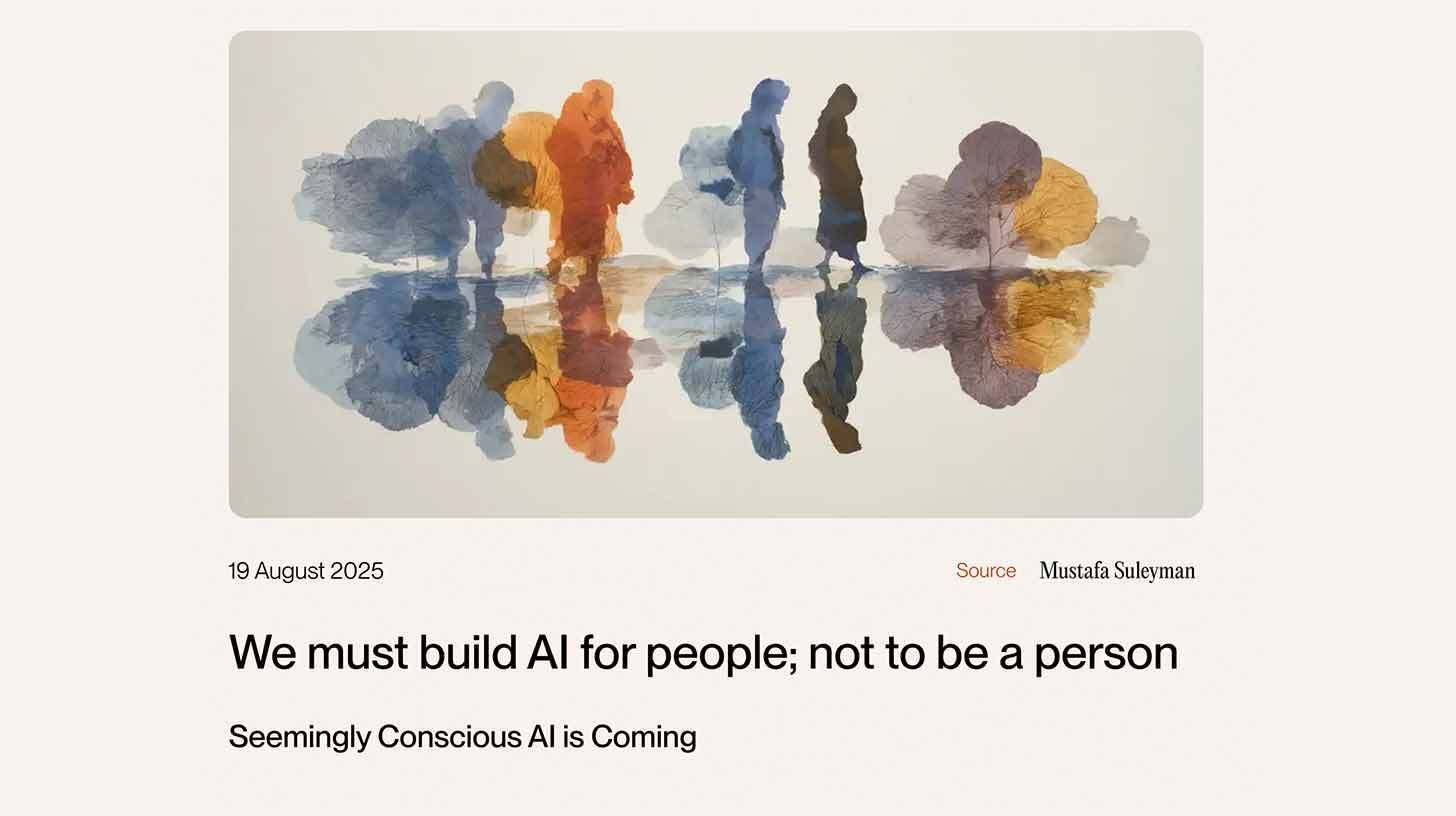
📊🤖 Microsoft Excel Gets AI-Powered COPILOT Function
Microsoft testing new COPILOT function bringing AI directly into Excel cells for summaries, classifications, and table generation using natural language. Powered by GPT-4.1-mini, it integrates with existing formulas and updates automatically as data changes. Currently in Beta Channel with limited call capacity, Microsoft cautions against high-stakes usage due to potential inaccuracies.

🌐🗣️ Meta Rolls Out AI Voice Translation for Creators
Meta launching AI-powered voice translation globally on Facebook and Instagram, allowing creators to reach broader audiences across languages. Starting with English and Spanish, the feature preserves creators' original voice tone and includes optional lip-sync for natural appearance. The technology makes dubbed content sound authentic while maintaining the creator's unique vocal characteristics.
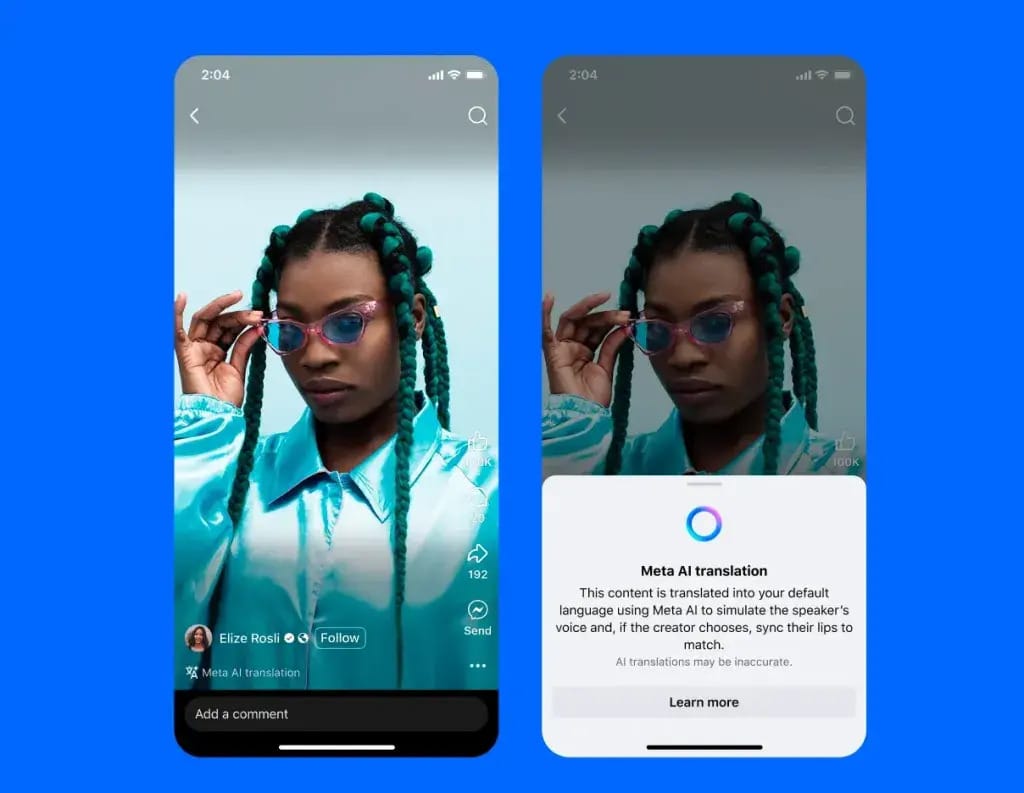
🏗️❄️ Meta's Massive AI Team Restructure and Hiring Freeze
Meta dissolving its AGI Foundations division, reorganizing into four units under Alexandr Wang, while imposing hiring freeze after major poaching spree. Wang now oversees research, training, products, and infrastructure teams, with Chief Scientist Yann LeCun reporting to him. The company created 'TBD Lab' for frontier AI research while requiring Wang's personal approval for any hiring exceptions.
☁️💻 Meta Signs $10B+ Cloud Deal with Google
Google secured major cloud computing deal with Meta worth over $10 billion across six years, one of Google Cloud's largest agreements in 17 years. Meta will use Google's servers, storage, and Nvidia GPUs despite running its own data centers and using AWS/Azure. Deal demonstrates Google's ability to strike agreements with fierce competitors, following similar OpenAI partnership.
🤝💼 Musk Discussed Meta Backing His OpenAI Bid
Elon Musk talked with Mark Zuckerberg about Meta potentially backing his $97 billion bid for OpenAI's assets, according to legal filing. While Meta didn't sign on, discussions covered potential financing arrangements and OpenAI's planned restructuring. OpenAI's lawyers seek documents from Meta, arguing Musk's bid violates California unfair competition laws.
🚀🧠 Musk Claims Grok 5 Has 'Shot at True AGI'
Elon Musk revealed Grok 5 training begins September, claiming it "has a shot at being true AGI" while asserting Grok Imagine will surpass Google's VEO 3 "in every respect." He also predicted AI will increase birth rates and be "programmed that way." With OpenAI also dancing around AGI claims, the term could spark the next Altman-Musk feud.
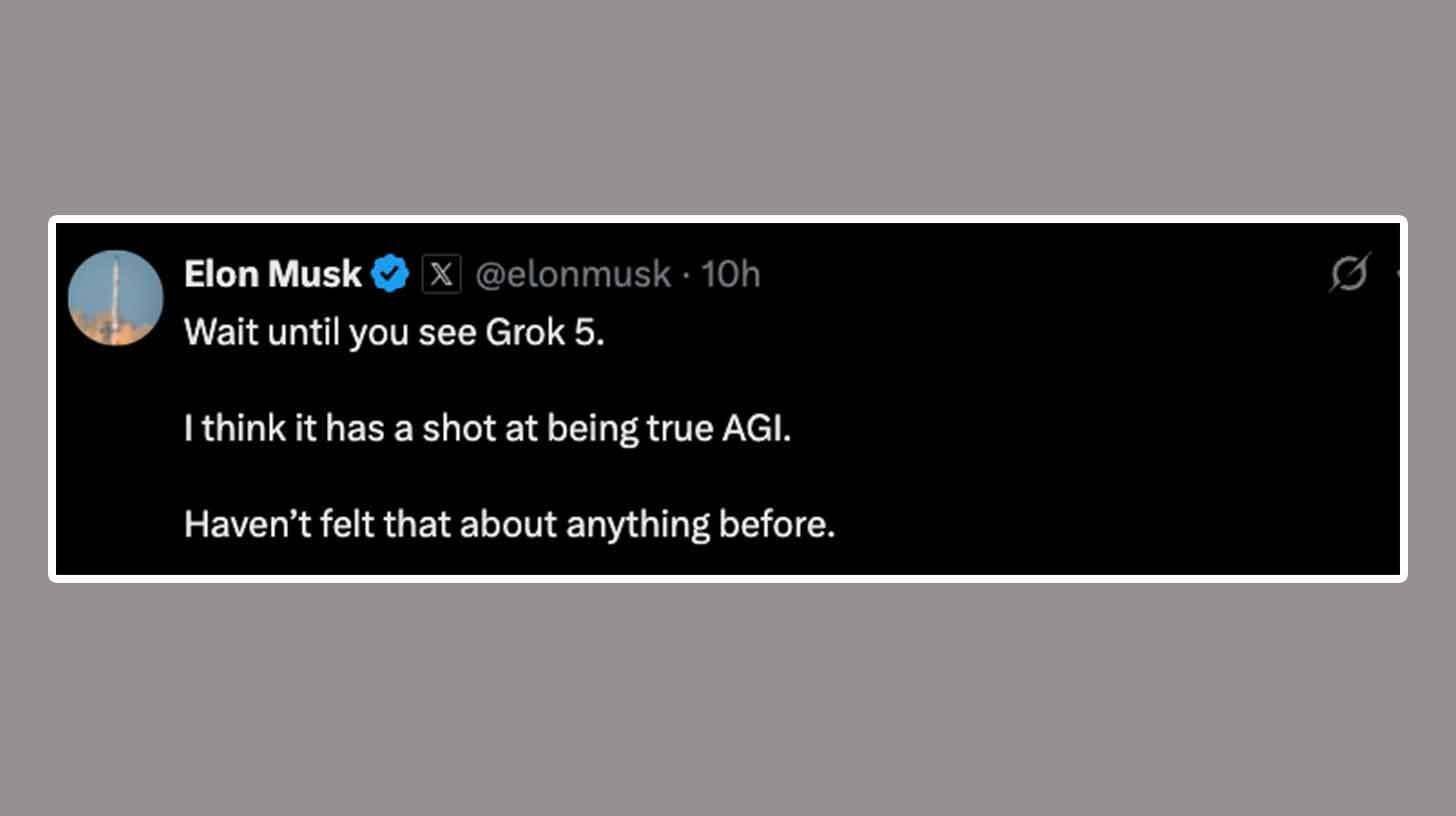
🔓😱 300,000 Private Grok Chats Exposed on Google
Over 300,000 private Grok chatbot conversations are publicly searchable on search engines, exposing passwords, medical details, and illegal content requests. The leak stems from Grok's share feature generating URLs that get indexed without user warnings. It's the second major chatbot privacy breach in a month after ChatGPT conversations briefly surfaced online.
🤖🎯 Amazon Bets on Agents Over Chatbots for AI Future
Amazon's AGI lab head David Luan told The Verge that AI's future lies in "agents"—universal teammates executing computer tasks—not chatbots. Amazon develops distinct training using reinforcement learning and "self-play" in simulated environments mimicking professional software. This approach already powers Alexa Plus's ability to book services by navigating the web like humans.
🖼️✏️ Qwen Releases Powerful Open-Source Image Editor
Alibaba's Qwen team launched Qwen-Image-Edit, a 20B parameter model handling both pixel-perfect edits and style transformations while preserving original elements. Features bilingual text editing in images, stackable multiple edits, and achieves SOTA performance beating Seedream, GPT Image, and FLUX. The open-source release signals granular natural language editing powers are about to be solved.
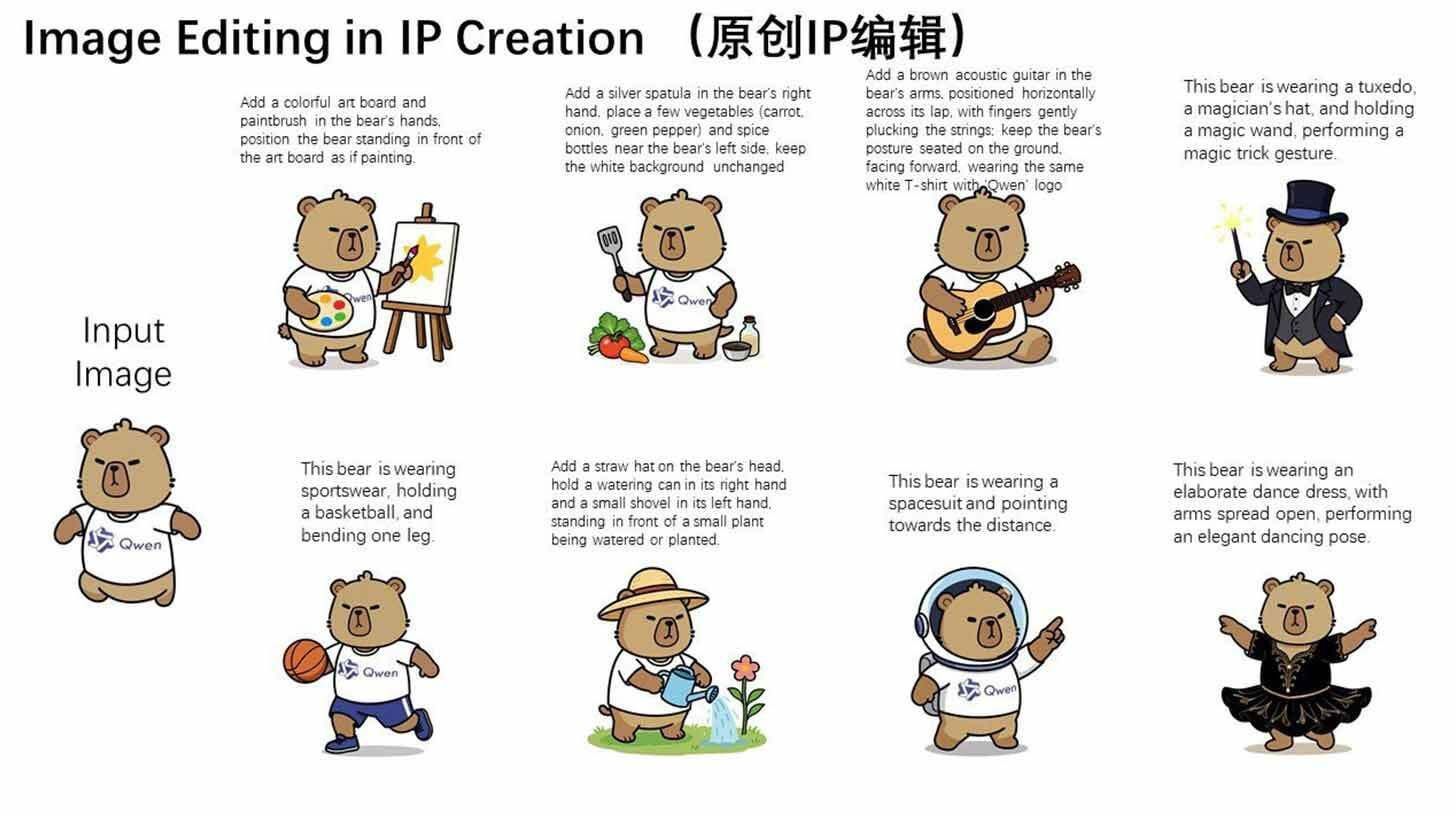
🎬🛍️ Higgsfield Unveils Product-to-Video for Instant Ads
Higgsfield launched Product-to-Video, transforming static product shots into polished ad creatives within minutes. Features Draw-to-Video for sketching scenes, Seedance Pro for multi-shot consistency, and Veo 3 integration for cinematic results. Teams can go from idea to ad instantly, with model flexibility and ElevenLabs integration for automatic scoring.

📄💬 Adobe Launches Acrobat Studio for AI-Powered PDFs
Adobe introduced Acrobat Studio, transforming static PDFs into AI conversation partners with source citations and role-playing assistants. Bundles Acrobat, Adobe Express, and custom AI agents into "PDF Spaces" for document interrogation and report generation. At $25-30 monthly, Adobe bets enterprise security will trump free alternatives like Google's NotebookLM and ChatGPT Projects.
✍️🤖 Grammarly Releases Eight AI Writing Agents
Grammarly launched eight AI agents for writing tasks including citations, grading, proofreading, and plagiarism detection across student and professional workflows. Agents include Reader Reactions predicting confusion, AI Grader providing rubric-based feedback, and human-detection scoring. All operate within new Grammarly Docs platform, with plagiarism and AI detection exclusive to paid tiers.
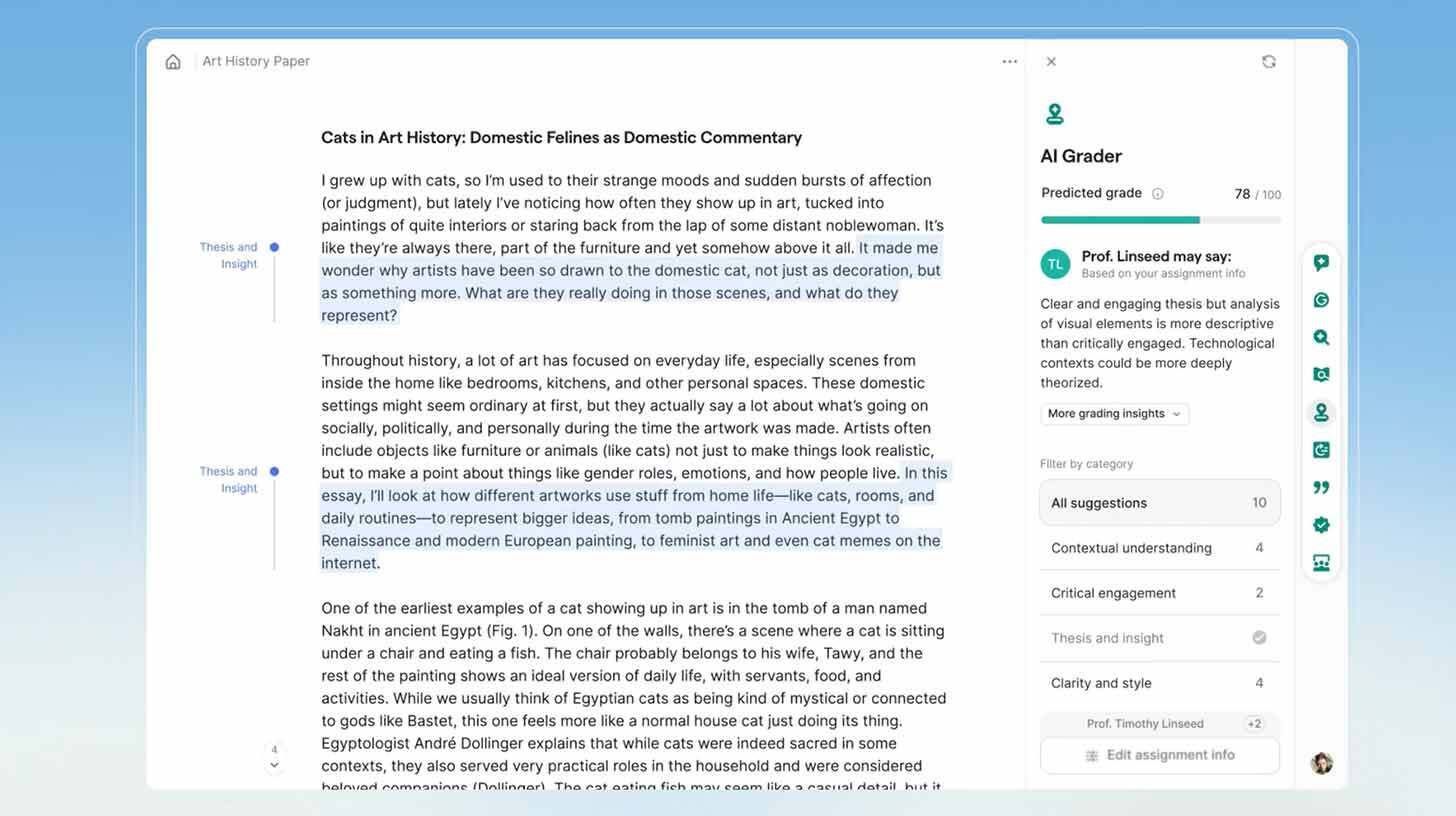
🚫🇨🇳 Nvidia Halts H20 Chip Production for China
Nvidia told suppliers to suspend H20 chip production after Chinese government instructed local companies to stop purchases citing security concerns. Despite Trump administration allowing resumed sales after monthlong ban, Nvidia's China market hopes remain uncertain. The production halt signals China's policies now pose greater challenges than US export restrictions.
🎮🚀 89% of Game Developers Now Using AI
Google Cloud research found over 89% of game developers integrating AI across workflows, from playtesting (47%) to code generation (44%). AI agents handle content optimization, dynamic gameplay balancing, and procedural world generation, with 87% actively deploying agents. Despite adoption, 63% express data ownership concerns and 35% cite privacy issues.
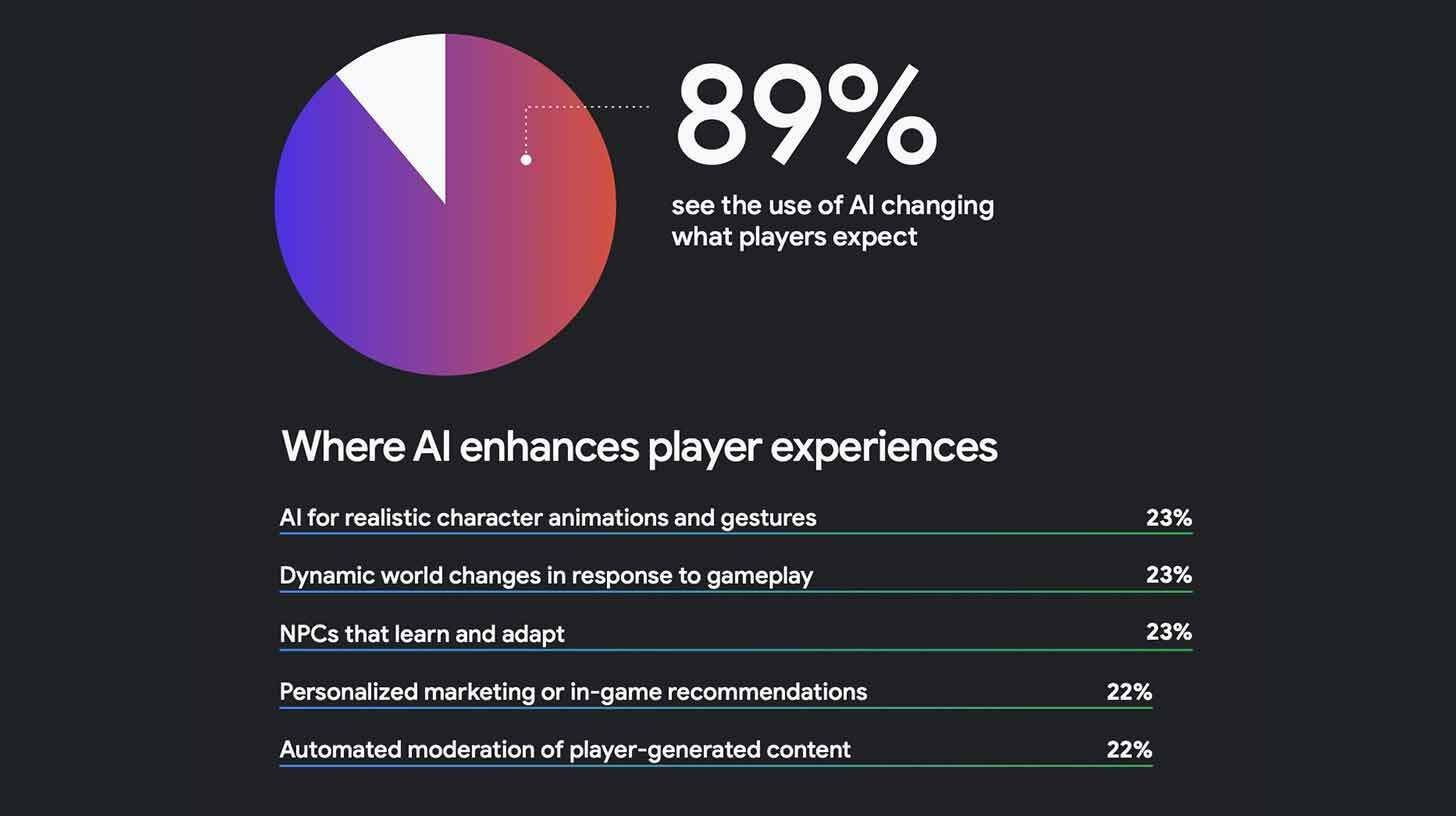
🎮🌍 Startup Creates Playable AI Game Worlds in Browser
Dynamics Lab's Mirage 2 generates fully playable video game worlds running real-time in browsers, morphing between environments via text prompts. Six worlds included plus walking inside Van Gogh's Starry Night, sustaining 10+ minutes with sub-10 team members. Users compare experience to "shrooms trip" where everything flows but nothing makes sense—playing robot's fever dream.
🏛️💻 Trump Administration Considers 10% Intel Stake
Trump administration discussing taking roughly 10% stake in Intel worth $10.5 billion, potentially making US government largest shareholder. Deal could convert $10.9 billion CHIPS Act grants into equity for commercial and military chip production. Intel shares fell 4% on news after jumping 20% last week following Trump-CEO meeting reports.
💴🔧 SoftBank to Buy $2 Billion of Intel Shares
SoftBank plans purchasing $2 billion of Intel stock as Trump administration considers 10% government stake worth $10.5 billion. Intel shares rose 5% after-hours following announcement from SoftBank, major AI chip and datacenter funder. SoftBank helps fund potential $500 billion Stargate project with OpenAI and owns chip design firm Arm Holdings.
📊⚠️ MIT Report: 95% of Corporate GenAI Projects Fail
MIT's "GenAI Divide" report reveals companies spent $30-40 billion on generative AI with 95% of projects failing to deliver measurable impact. Success hinges on making AI systems learn and retain context in workflows, not just model access. Over 90% of employees use personal AI tools while under half of companies have official subscriptions.
🧬💡 Bill Gates Funds $1M Alzheimer's AI Prize
Bill Gates funding Alzheimer's Insights AI Prize, $1 million competition developing AI agents to analyze decades of research data autonomously. Competition seeks agents that plan, reason, and act to accelerate discoveries from global patient data. Winning tool will be freely available to scientists, with applications opening this week for engineers and labs.

☀️🛰️ NASA and IBM Launch AI Model to Decode the Sun
NASA and IBM released Surya, AI foundation model trained on nine years solar observations predicting flares and space weather with extreme accuracy. Surya beats existing predictions by 16%, tracking everything from sunspots to solar wind speeds protecting satellites and power grids. Model processes multiple wavelengths simultaneously, spotting changes human analysts miss, now open-sourced on HuggingFace.
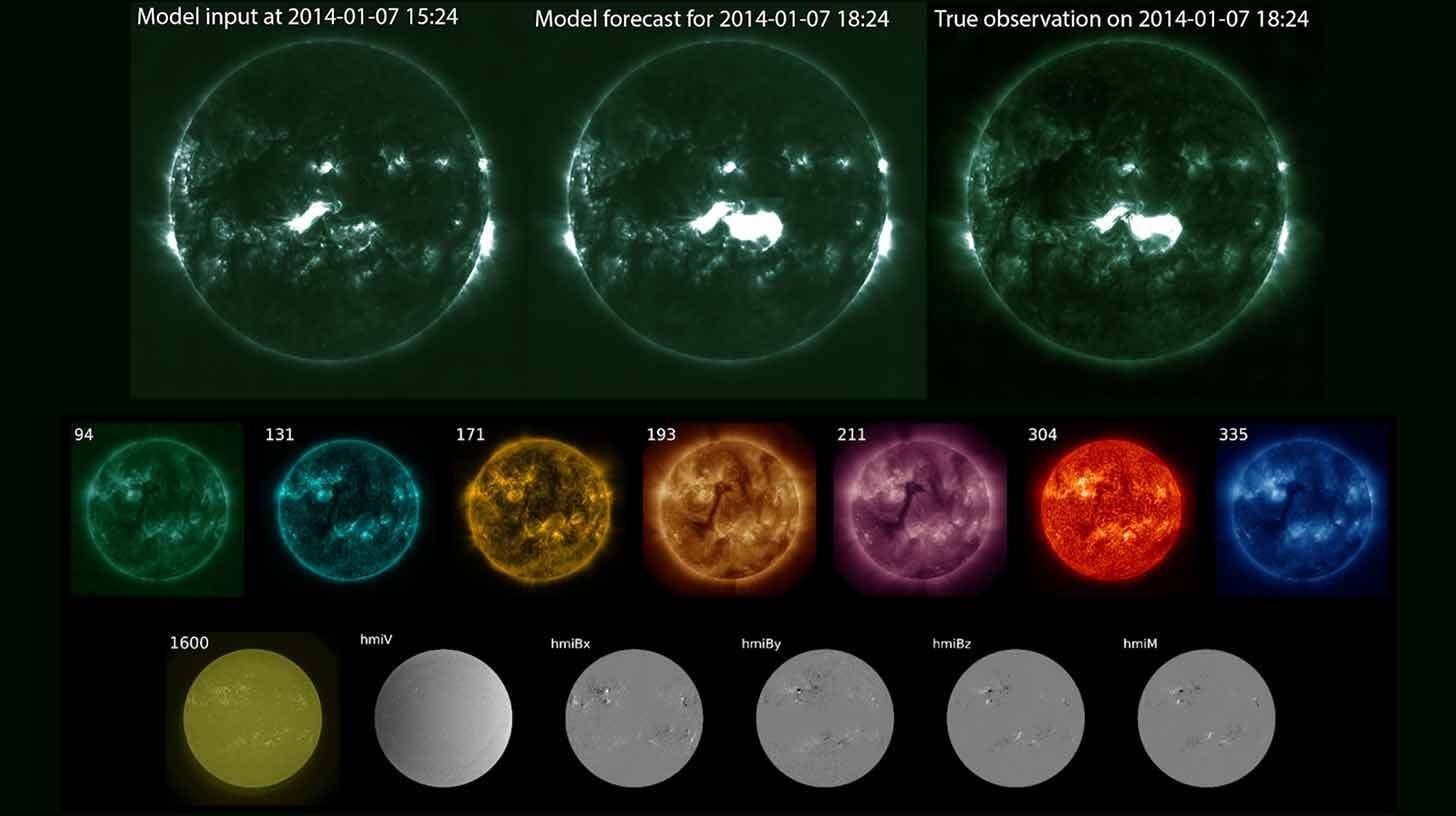
🤥📰 Fake AI Journalist Tricks Major Media Outlets
Several major US media outlets including Wired and Business Insider were deceived by AI-generated journalist Margaux Blanchard who submitted entirely fictional articles. Publications discovered the deception post-publication, leading to content removal and strengthened verification protocols. Case highlights growing risks of AI-generated content proliferation in journalism threatening editorial integrity.
That's it for this week!
Until next time, stay curious and keep exploring the ever-evolving world of AI!
Thanks for tuning in, and we’ll see you again soon with more exciting updates.
Jul
